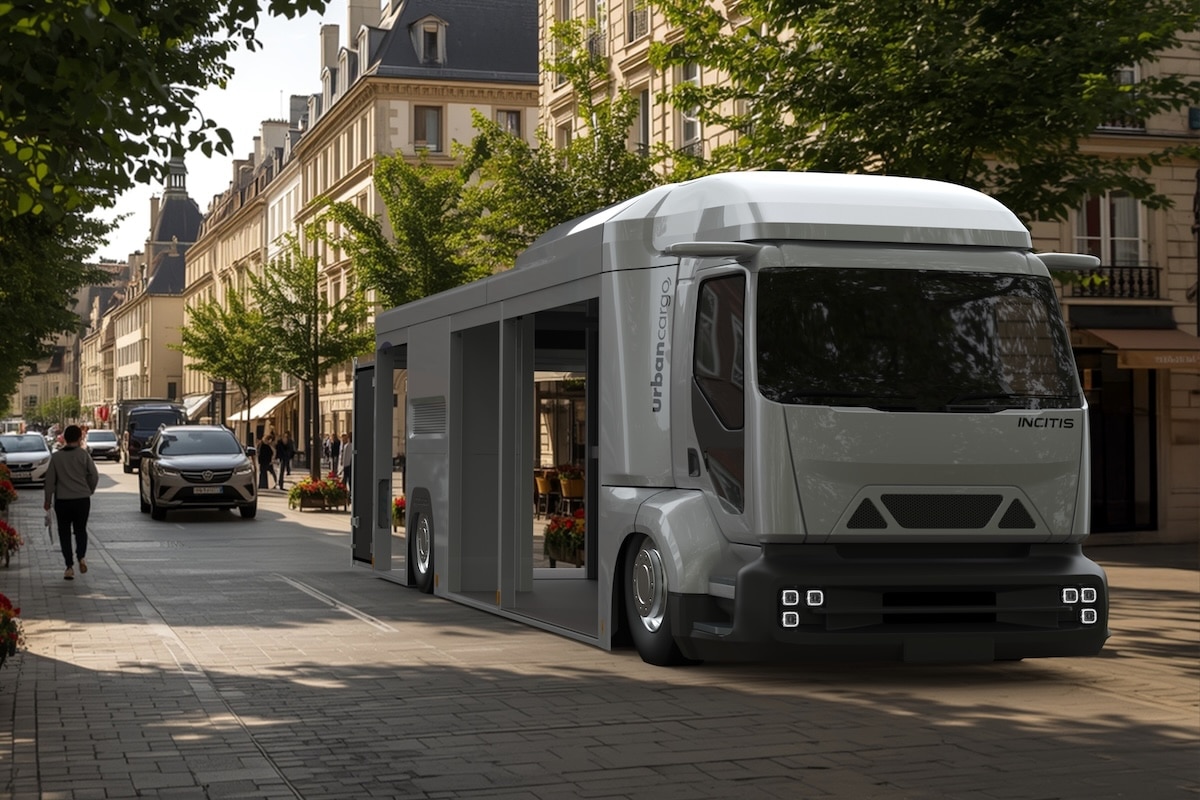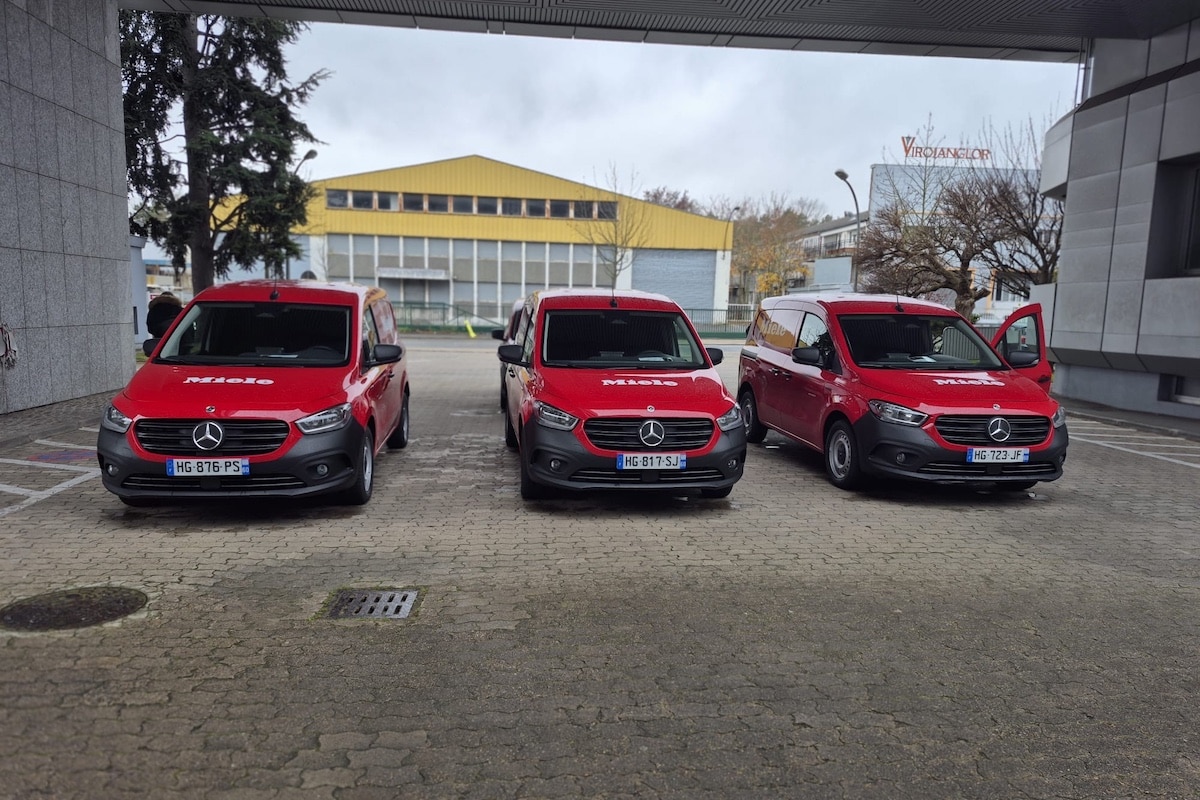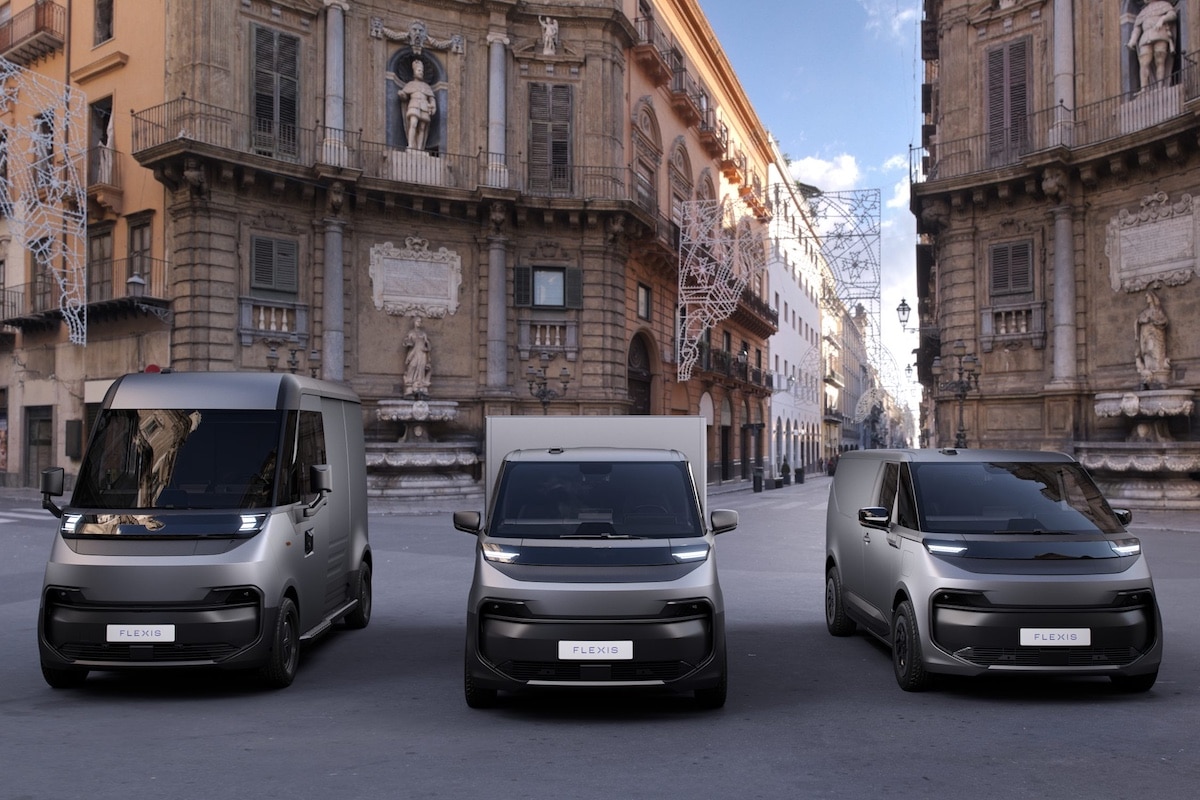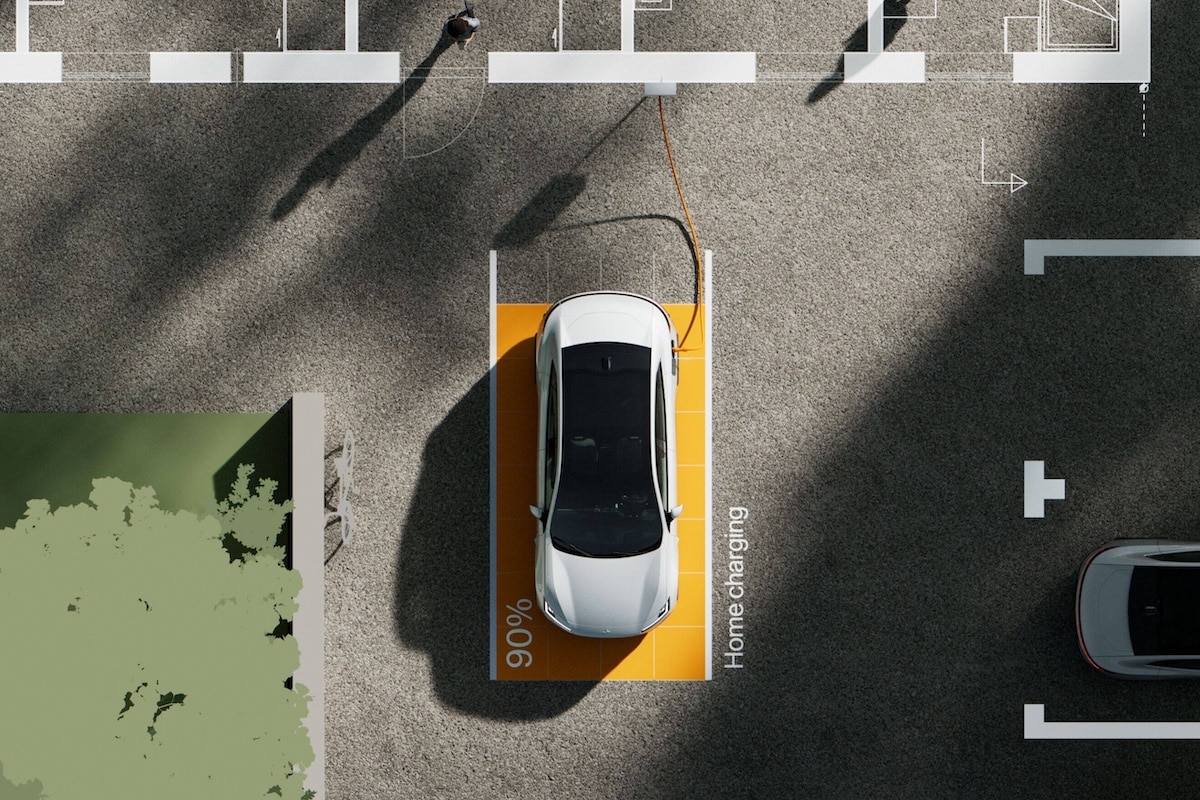Urban Cargo, the French truck that redefines urban logistics

Urban Cargo, designed by the French company Incitis, redefines urban delivery by combining performance and environmental impact.
Urban delivery is undergoing a profound crisis, fueled by continuous e-commerce growth, structural congestion in city centers, and unprecedented regulatory pressure related to Ultra Low Emission Zones. Current heavy-duty trucks, designed for versatile use but rarely for urban environments, are now showing their limitations: too tall, too noisy, too cumbersome, too dangerous, and especially too slow when it comes to making multiple stops.
In the face of this reality, transporters must cope with time-consuming routes, increasing strain on delivery drivers, and skyrocketing operating costs. It is in this complex context that a major innovation emerges, born in France: Urban Cargo, designed and developed by Incitis, a company that aims to sustainably revolutionize last-mile logistics. No more, no less.

In a city like Paris, 5 million tons of goods travel 20 km every day, representing thousands of trucks on the road. Furthermore, the UN estimates that 66% of the world’s population will live in urban areas by 2050. Parameters that must be integrated today to think about the delivery methods of tomorrow.
You might be interestedin this article:
A paradigm shift in architecture
Urban Cargo disrupts the norms as it addresses, point by point, the technical, economic, ergonomic, and environmental challenges of modern cities. Where a conventional heavy truck requires the use of a tailgate and involves many dangerous manipulations, the vehicle developed by Incitis can lower completely to ground level, allowing delivery drivers to make deliveries at ground level, much faster and significantly safer.
This innovation, unique in the world for a 19-ton truck, eliminates a large part of the physical strain, reduces the risk of accidents, and improves the pace of operations. Tests conducted in real conditions with pilot clients demonstrate a spectacular gain: 30% time saved per route, equivalent to one less vehicle for every three in a fleet of comparable size. No other technology currently on the market offers such a significant operational impact.

The design of the vehicle is based on a simple logic: adapt the truck to the city rather than forcing the city to adapt to the truck. The extremely low platform facilitates the frequent movements of drivers and enhances their safety by providing exceptional visibility of their immediate environment. This panoramic view contributes to reducing the risk of accidents with vulnerable road users, particularly pedestrians and cyclists. Additionally, there are five side and rear openings, distributed across three sides of the vehicle, allowing instant access to goods, even in the most complex parking situations.
This feature radically changes the lives of delivery drivers: no need to unload part of the truck to reach a product located at the back; access is direct, regardless of the order of the route or traffic conditions.
Urban Cargo is also designed to consolidate flows, an essential lever for unclogging urban centers. With a payload of 8 tons, it replaces 6 to 7 light commercial vehicles, thus limiting the presence of multiple small vans in city centers. Its capacity to carry 14 Euro pallets or 25 rolls allows for optimal logistical densification while retaining suitable maneuverability in demanding urban environments. Consolidate to go less often: the logic is simple, but it was still necessary to propose a vehicle genuinely designed to do just that.

Urban Cargo: Big, strong, but eco-friendly
From an energy perspective, Urban Cargo also represents a breakthrough. The truck is based on a 100% electric architecture, combined with hydrogen, biomethane, or plug-and-play battery range extenders depending on the transporters’ needs, allowing for a range of up to 400 km. This technological choice offers a double advantage: ensuring sufficient autonomy for peri-urban routes while remaining competitive with diesel, a crucial point to encourage transporters to adopt the technology without relying on public subsidies.
Designed to meet PIEK certification, Urban Cargo is also quiet, paving the way for night and semi-night deliveries, which helps reduce pressure on saturated time slots.
The revolutionary nature of Urban Cargo is also explained by the nature of the company behind it. Incitis is a 100% French initiative, created by eight experts in transport, commerce, industry, and finance, all intimately familiar with the realities of the B2B market and professional logistics. The company receives support from the European fund Inno, the Piroux Group, the PFA, the CEA-Liten, and international partners such as Akkodis and Symbio. Certified by CARA, French Tech, and Bpifrance’s Deeptech plan, the company is also supported by the State via France 2030. In just a few years, Incitis has already filed five patents, including two on a global scale, demonstrating the technological depth of the project.
This page is translated from the original post "Urban Cargo, le camion français qui redéfinit la logistique urbaine" in French.
We also suggestthese articles:
Also read







